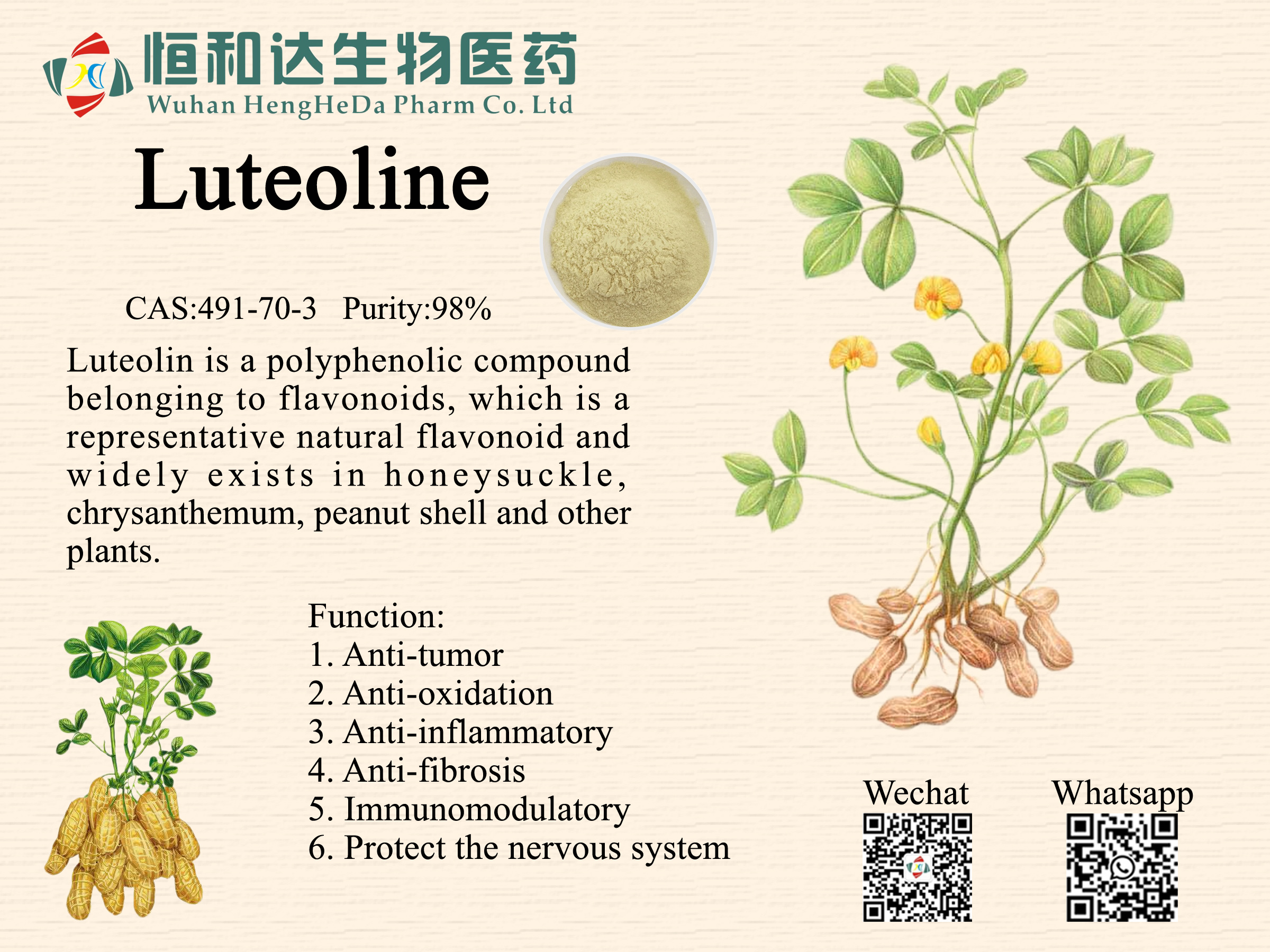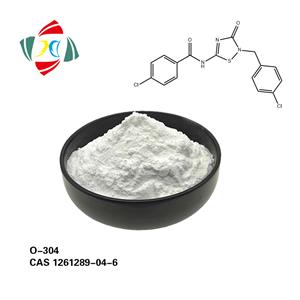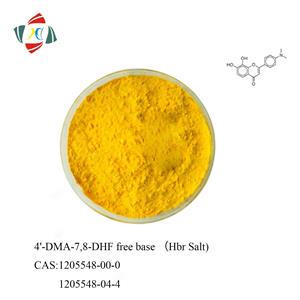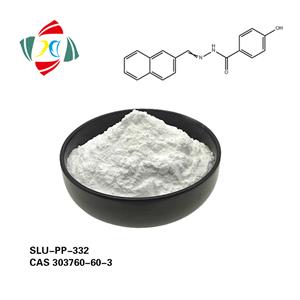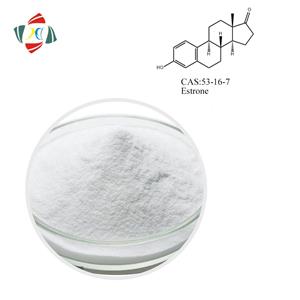Luteolin
Luteolin, mostly in the form of glycosides, exists in a variety of plants. These plants have high content in whole leaf Cymbidium, pepper, wild chrysanthemum, honeysuckle and perilla. It has antitussive and expectorant effects. According to the latest research, respiratory symptoms such as cough, expectoration and wheezing are all related to chronic airway inflammation. Cough, expectoration and wheezing caused by bronchial asthma, chronic obstructive pulmonary disease, chronic pharyngitis and allergic rhinitis are all considered to be related to local inflammatory infiltration. The existence of inflammation makes the immune response of the airway disordered, and patients often have increased airway reactivity. The treatment should first eliminate the chronic inflammatory infiltration of the airway. Glucocorticoids are commonly used to eliminate airway inflammation. However, glucocorticoids have many side effects and should not be used for a long time. Studies have shown that luteolin can inhibit the phosphorylation of macrophages, inhibit the activity of transcription factor NF KB, and inhibit the production of cytokines IL-6 and TNF-a by macrophages induced by lipopolysaccharide (LPS). In addition, studies have also shown that luteolin can inhibit the formation of uric acid and promote the excretion of uric acid. [3-4] the latter two cytokines play a very important role in the inflammatory mechanism and are sensitive indicators reflecting the degree of inflammation. Luteolin can also improve IFN- γ, Reduce specific ig-e and eosinophil infiltration. In addition, luteolin, in addition to its anti-inflammatory and anti allergic effects, also has the characteristics of inhibiting PDE, SARS and HIV. The reason is to inhibit the activity of SARS virus pre-S protein, thereby preventing it from entering the host cells. It is used to treat chronic cough caused by COPD, bronchial asthma, chronic pharyngitis, allergic rhinitis, etc.
